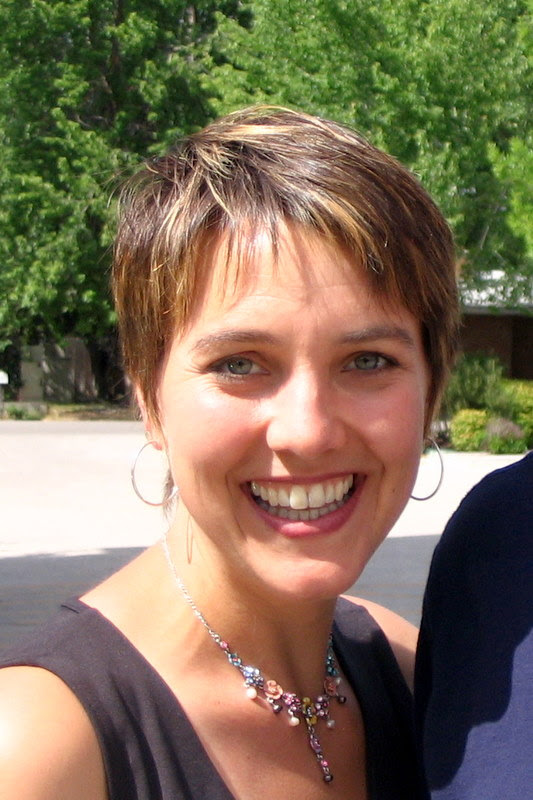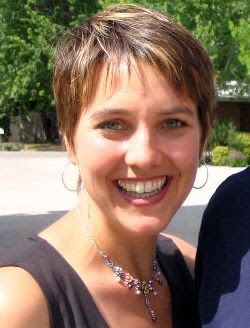Do we really need a savior?

Question & Answer
Q: By Jeanne
After reading near death experience reports, and the all-encompassing love that seems to accompany folks in a near death experience, I am wondering why we need a savior. I’ve been a Christian all my life but John Spong has raised some questions for me. I think Jesus was an excellent teacher and a good role model but do we really need a savior?
A: By Rev. Lauren Van Ham
Dear Jeanne,
Thank you for this deep and fundamental question. Spong and others have worked thoughtfully, tirelessly to unpack a story, questioning at each layer its science, believability, and historical context. Many Christians and non-Christians look to Jesus, as you suggest, as a teacher and role model.
Therefore, if we back away from the understanding that there is a savior (a being), I believe the question still worth asking might be, “do we really need saving?” Responding for myself, the answer is an absolute YES. Life on Earth is hard! It comes with suffering. I need to be saved from all the ways I intentionally and unintentionally do harm to others and to myself simply by doing my best to live an engaged, good and loving existence. A few examples include:
- Reacting thoughtlessly and impulsively instead of responding with curiosity and compassion
- Failing to speak up for [insert name] when they were marginalized or attacked for being who they are
- Judging, and judging (and judging some more) the ones who live their lives differently from the way I think they should (Ha!)
- Withholding my gifts for fear of failure, fear of success, or just the self-defeating spiral of perfectionism
- Falling repeatedly for the insatiable demands and ridiculous timelines of the marketplace even though they create hunger in psyche, soul and spirit
Perhaps you relate to some of these, or wish to add your own?
In my work as a Spiritual Director, I talk with many individuals who do not practice a particular Faith tradition, nor do they ascribe to a “savior;” but nearly all of them are on a search for experiencing the “all-encompassing love” you reference in your question. “Saving” is the act of protecting from harm or destruction, and in theological terms, saving (salvation) redeems us from the ways we have missed the mark. Redemption is active; it implies that one can find a way through one’s mistakes, patterns, or dark nights to experience forgiveness, new behaviors, and healing for oneself and others. Religious teachings and spiritual practices offer “tools” to help us find guidance amidst the confusion, community in the isolation, and some form of comfort in the pain and grief.
In Sanskrit and Pali, the ancient sacred languages of India, the word for salvation is jivanmukti. Jivanmukti translates to mean, “spiritual release or salvation achieved while still alive.” I find this to be an encouraging and active invitation for us all. Jesus joins spiritual teachers from all the world’s religions by affirming that Love is the destination – here and now, as well as wherever we may or may not travel after taking our last breath.
When we undertake the practice of redemption, life offers more meaning, added dimension. We can do this in many ways — through prayer, meditation, dreamwork and music, as well as volunteering, taking classes, standing for justice, and stretching ourselves to the spaces that feel a little uncomfortable or unfamiliar. Practicing salvation happens when we work to reduce the harm and suffering in this life, when we engage in acts of redemption for ourselves and with others. With salvation, it is possible to know, experience and even embody (for moments) all-encompassing love. And who doesn’t want that?
~ Rev. Lauren Van Ham
About the Author
Rev. Lauren Van Ham, MA was born and raised beneath the big sky of the Midwest, Lauren holds degrees from Carnegie Mellon University, Naropa University and The Chaplaincy Institute. Following her ordination in 1999, Lauren served as an interfaith chaplain in both healthcare (adolescent psychiatry and palliative care), and corporate settings (organizational development and employee wellness). Lauren’s passion for spirituality, art and Earth’s teachings have supported her specialization in eco-ministry, grief & loss, and sacred activism. Her essay, “Way of the Eco-Chaplain,” appears in the collection, Ways of the Spirit: Voices of Women; and her work with Green Sangha is featured in Renewal, a documentary celebrating the efforts of religious environmental activists from diverse faith traditions across America. Her ideas can be heard on Vennly, an app that shares perspectives from spiritual and community leaders across different backgrounds and traditions. Currently, Lauren tends her private spiritual direction and eco-chaplaincy consulting practice; and serves as Climate Action Coordinator for the United Religions Initiative (URI), and as guest faculty for several schools in the San Francisco Bay Area.

